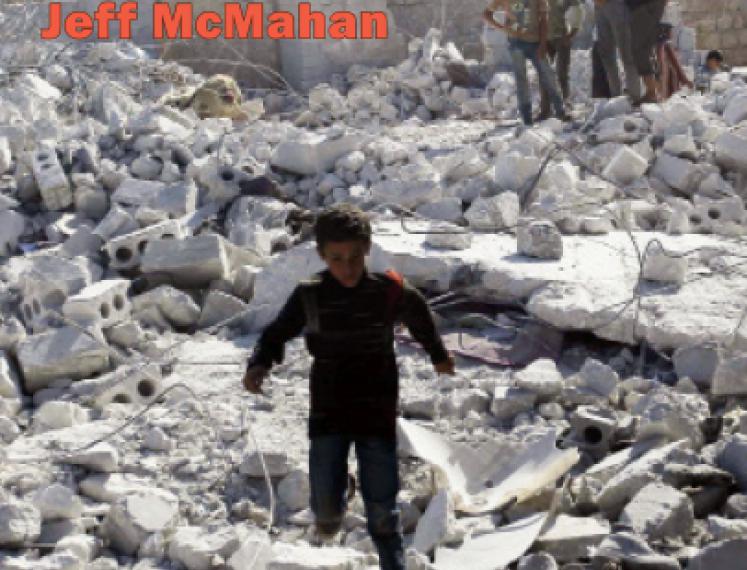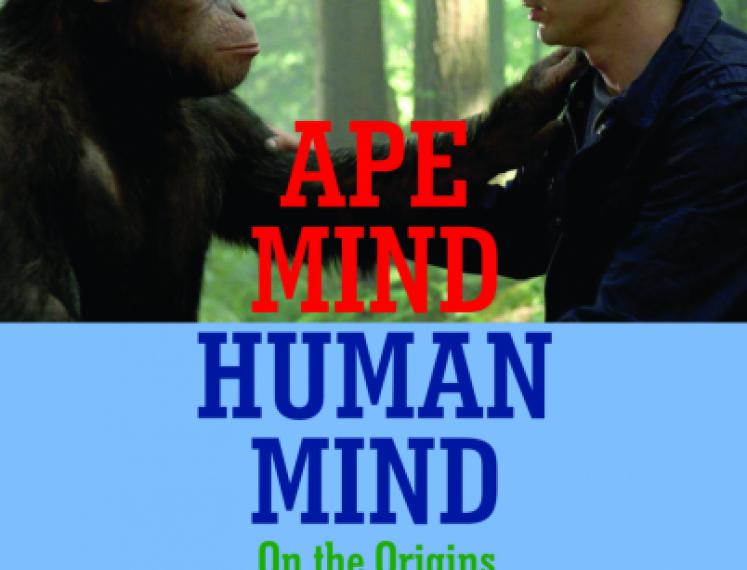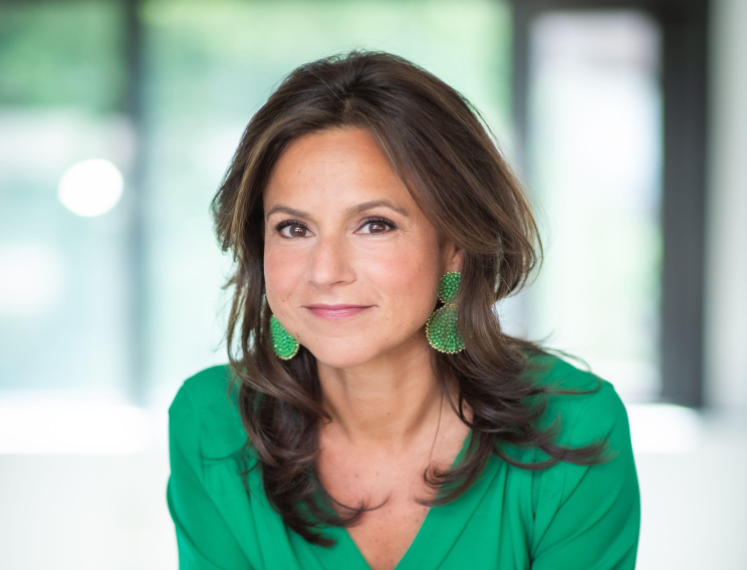Global Poverty: What are our obligations?
More than a billion people live in extreme poverty, often unable to meet their basic needs, while about a billion live in affluence, able to spend money on things that they do not need. In this situation, do the affluent have any obligations to the poor? The renowned philosopher Peter Singer argues that we do, and that these obligations are much more demanding than we commonly think. The situation that some people are living in abundance while others starve is morally indefensible: if we can prevent something bad without sacrificing anything of comparable significance, we ought to do it. Surely, there is a variety of objections. There are problems with ensuring that money goes where it is most needed and that it is used effectively, but these practical difficulties do not undermine the conclusion that most affluent people are failing to meet their ethical obligations.
Peter Singer (Melbourne 1946) is one of the most important ethicists in our time. He is the Ira W. DeCamp Professor of Bioethics at the University Centre for Human Values, Princeton University. His works on global poverty and the moral status of animals have had a huge impact inside and outside the humanities. He has also written extensively in the history of philosophy, meta-ethics, and political philosophy. His books (translated into 20 languages) include: Animal Liberation (1975); Democracy and Disobedience (1973); Practical Ethics (1979); Marx (1980); Hegel (1982); How Are We to Live?(1993); Rethinking Life and Death (1994); One World: the Ethics of Globalisation (2002) and The Life You Can Save: Acting Now To End World Poverty (2009).
The Griph-lecture is the bi-annual lecture of the Groningen Institute of Philosophy. This lecture is organised by the Faculty of Philosophy of the Groningen University, in cooperation with Studium Generale Groningen





